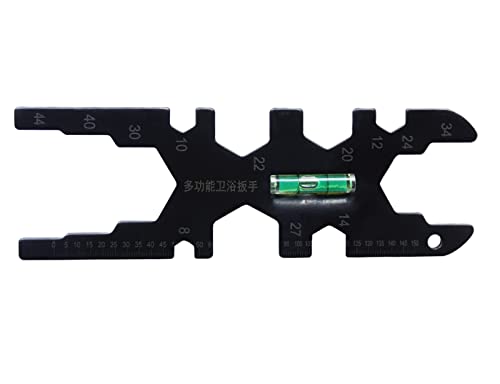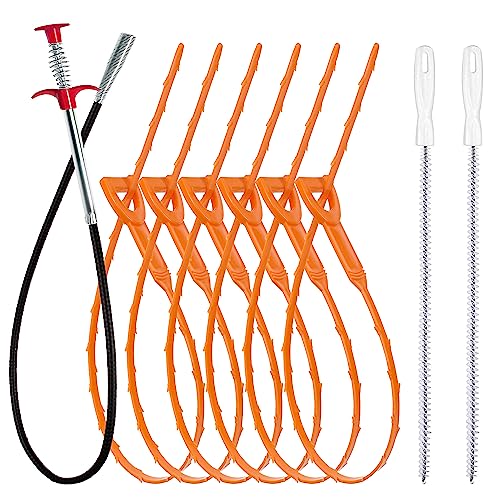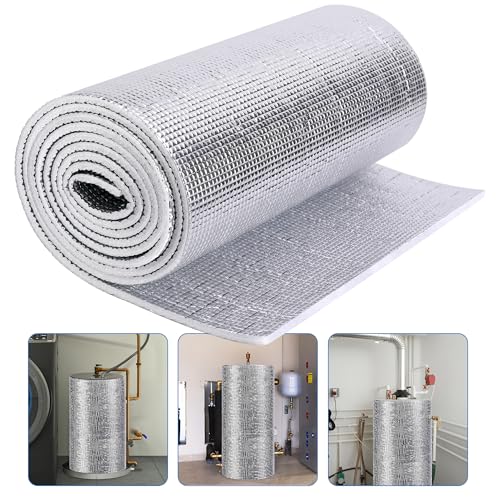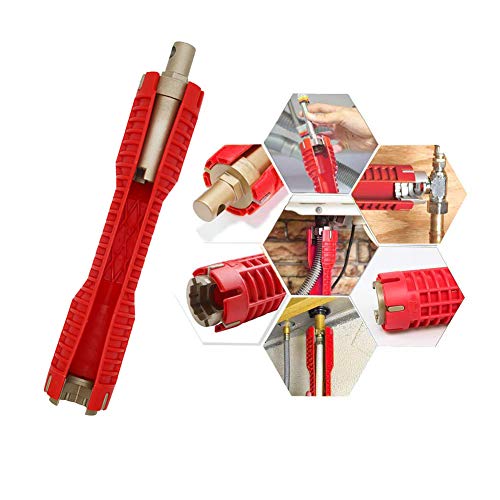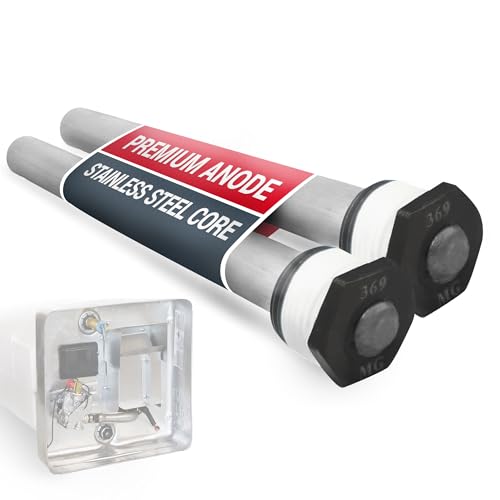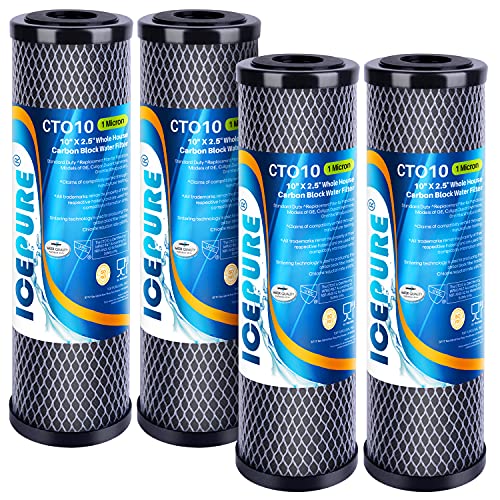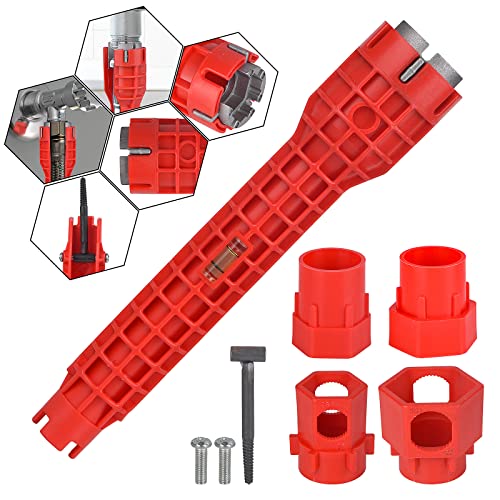My home is slightly downhill from my one next door neighbor.
The best I can determine...when it rains really hard (2+ inches in an hour)...plus the extra water running onto my property from my neighbor...the ground in the front & side of my home gets saturated & large amounts of standing water on my front lawn. Then I get water leaks in the front of my basement (possibly from the front of my home & from the side-front of my home that face's this uphill neighbor).
I believe the leaks are at the base of the basement wall (where the wall & floor meet). This is a 106 year old home...which I believe most likely had a dirt floor originally...then at some point much later...a fairly thin (2" or less)...concrete floor was poured.
This is definitely not a modern home that has a poured foundation footer...then poured foundation walls...then a poured 3-4" basement floor.
But long story short...the water infiltration seems to mostly be when there's a really hard/fast storm...or a storm that rains hard for a long time (1-2 days constant rain)...where multiple inches of rain (2, 4, 6 inches total rainfall).
The rain seems to come in from the front of my home...then flows from front to back flooding the basement.
* I've dug a french drain along the perimeter of the front part of the basement (one side & the front)...about 12" wide & 15" deep.
* Lined the french drain with some porous non-woven fabric.
* Laid down a base of 3/4" stone.
* Laid 4" corrugated pipe (downward pitch towards the sump pump/basin).
* Covered 4" corrugated pipe with more 3/4" stone.
* Folded over the non-woven fabric (like a burrito).
* Dug the hole for the sump pump basin & basin is in it.
Now I'm at the point of connecting the 4" corrugated plastic pipe/drain tile to the sump pump basin...but before doing this trying to figure out if I should leave the non-perforated sump pump basin as it is...or drill some holes in the sides of the basin to make it perforated.
Some folks/experts say holes in a perforated basin can keep it from floating when there is a "water/rain event". Thus these folks say a perforated basin is better.
Other folks say the holes in the basin can let the water that's been collected from the french drain into the sump basin...back out into the ground (ground around the basin)...and not be pumped outside via the sump pump. Thus they say a non-perforated basin is better.
But again. My water issue is mostly due to heavy rain/storm events (mostly during the actual rain event). When the rain event is over...usually the basement flooding stops within 30-60 minutes of the rain stopping. But as things are now...this can result in 1-2" or more water in the entire basement!

Just need to know what you guys think. Perforated or non-perforated sump pump basin?
Thanks






